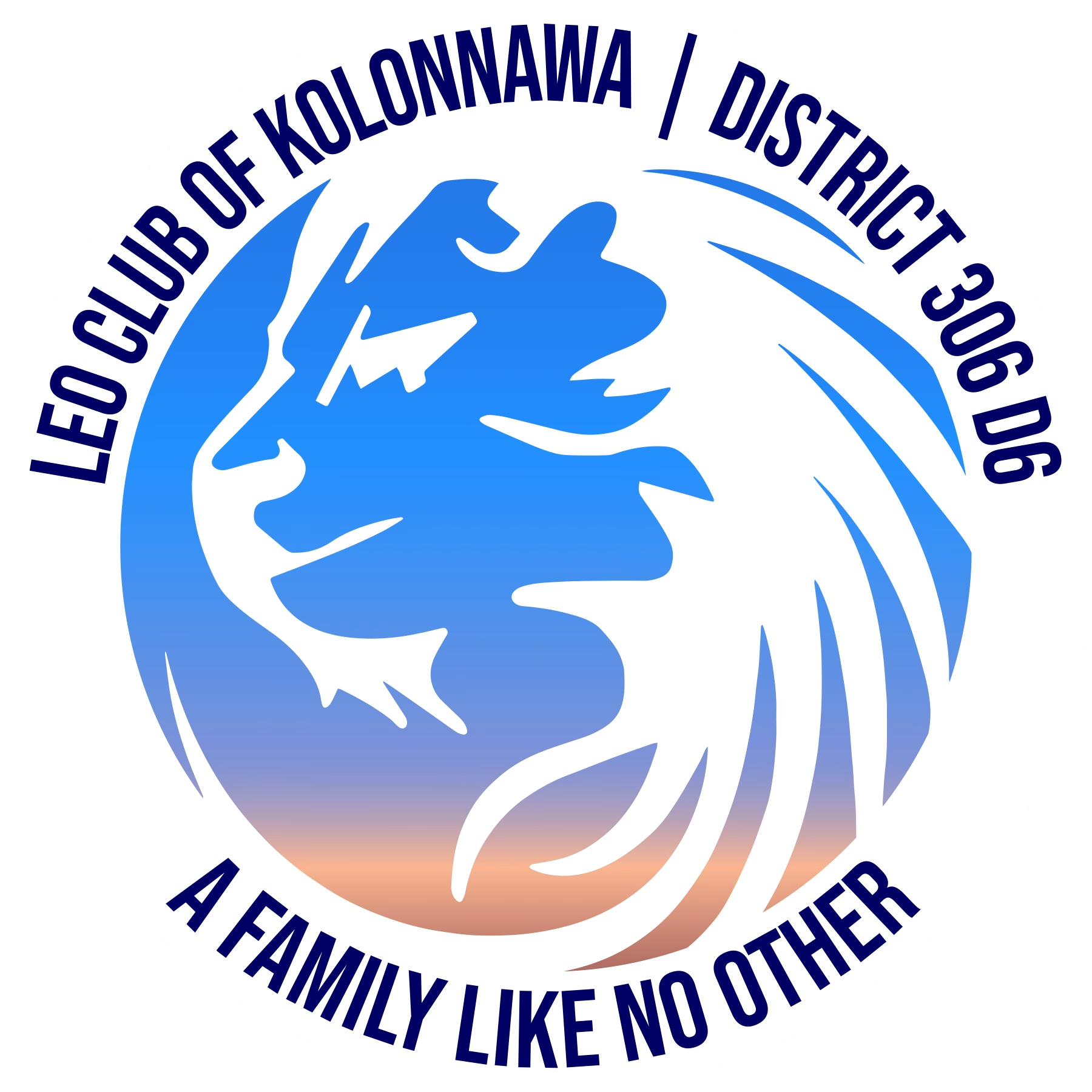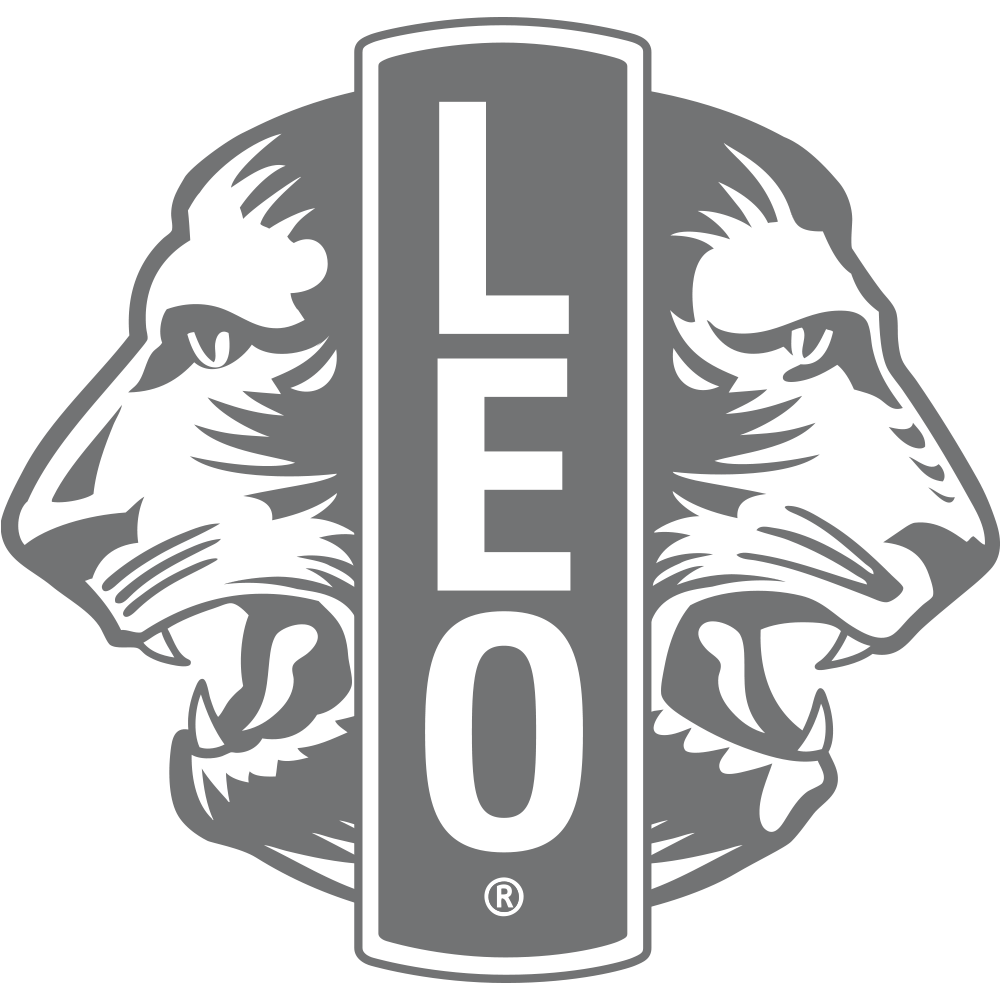
7,400+
Clubs worldwide
160,000+
Leos
150+
countries and territories
What is the Leo Club Program?
We are the youth organization of Lions Clubs International, dedicated to empowering young leaders through community service, leadership development, and personal growth. With over 7,400 Leo Clubs in more than 150 countries, we provide young individuals with the platform to make a meaningful impact in their communities while gaining real-world leadership experience.
Leo Clubs are built on the core values of Leadership, Experience, and Opportunity, collectively known as Leoism. By participating in service-driven projects, members develop essential skills, foster a strong sense of responsibility, and contribute to creating a better society through impactful initiatives.


What is the Leo Club Program?
The Leo Club Program is a vital part of the Lions Clubs International family, empowering young people worldwide to make a difference in their communities while developing their leadership skills. With a network of over 7,400 Leo Clubs in more than 150 countries, Leos contribute to global goodwill and foster a unique international identity within the Lions organization.
Leo Clubs provide a platform for young individuals to grow both personally and collectively as responsible citizens at the local, national, and global levels. These clubs encourage youth to step into leadership roles, take part in impactful projects, and cultivate a lifelong passion for service.
Where is the Leo Headquarters?
The Leo Headquarters is located at the Lions Clubs International Headquarters in the village of Oak Brook, Illinois, USA. This facility serves as the central hub for both Lions Clubs International and the global network of Leo Clubs.
At this headquarters, dedicated teams work to support and guide Lions and Leos worldwide, ensuring the smooth operation of programs, initiatives, and events. The headquarters also plays a vital role in developing resources, managing international communications, and fostering the growth of the Lions and Leo Club programs across more than 200 countries and territories.
Whether you’re a Lion or a Leo, the Oak Brook headquarters stands as a symbol of unity, service, and leadership on a global scale.
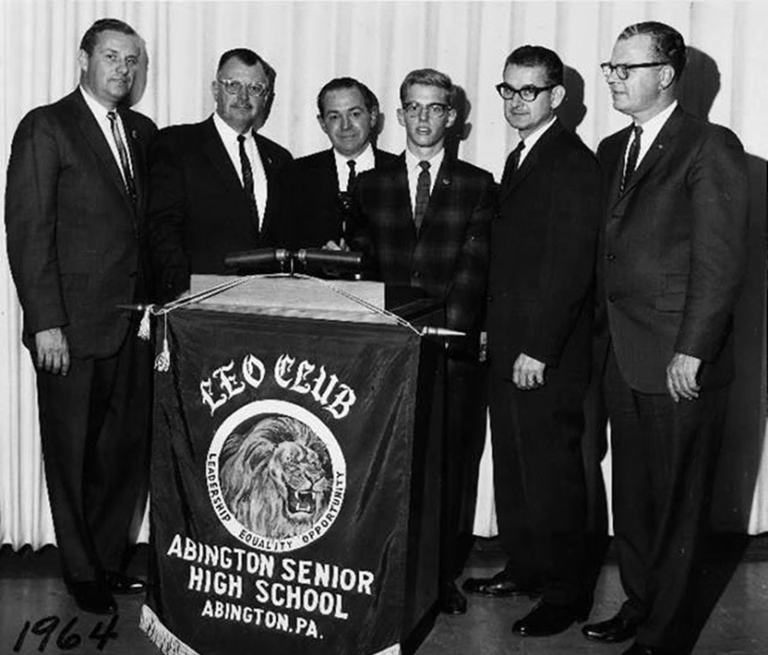
The Beginning of Leo Clubs
The first Leo Club was founded on December 5, 1957, at Abington Senior High School in Pennsylvania, USA. Initiated by Lion Jim Graver, with the support of Lion William Ernst, the club started with 35 members from the school’s baseball team. This pioneering club was sponsored by the Glenside Lions Club, marking the beginning of a global youth movement.
To honor its roots, the Leo Club adopted the school colors, maroon and gold, as the official Leo Club colors. These colors remain a proud symbol of the Leo identity, representing energy, growth, and unity.
Growth of the Leo Movement
- 1964: The Leo Club Program became an official district project in Pennsylvania, gaining popularity in neighboring areas.
- 1967: Recognizing its immense potential, the Leo Club Program was officially integrated into Lions Clubs International, transforming it into a global initiative.
Since its inception, the Leo Club Program has empowered young individuals worldwide, promoting leadership, service, and fellowship. What began as a single school-based club has now expanded to over 7,400 Leo Clubs in more than 150 countries, fostering the leaders of tomorrow while making a positive impact on communities across the globe.
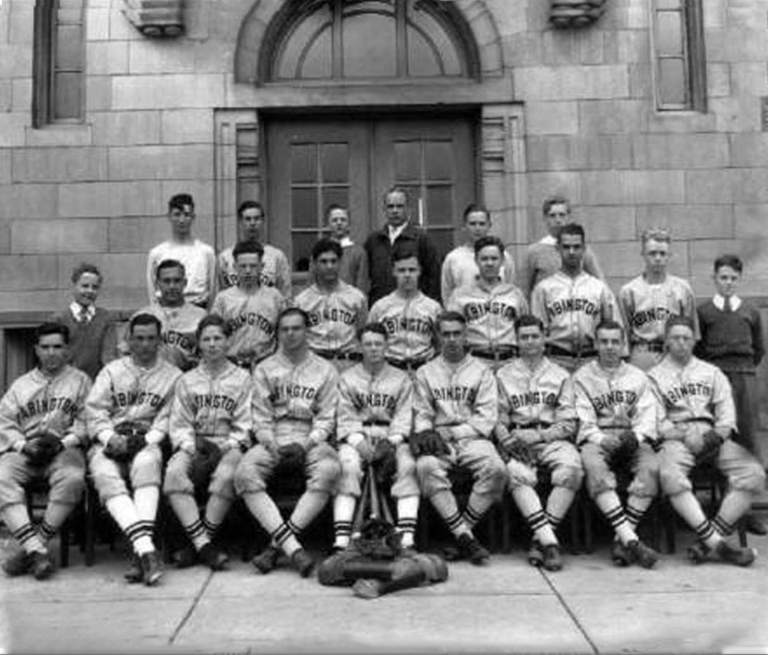
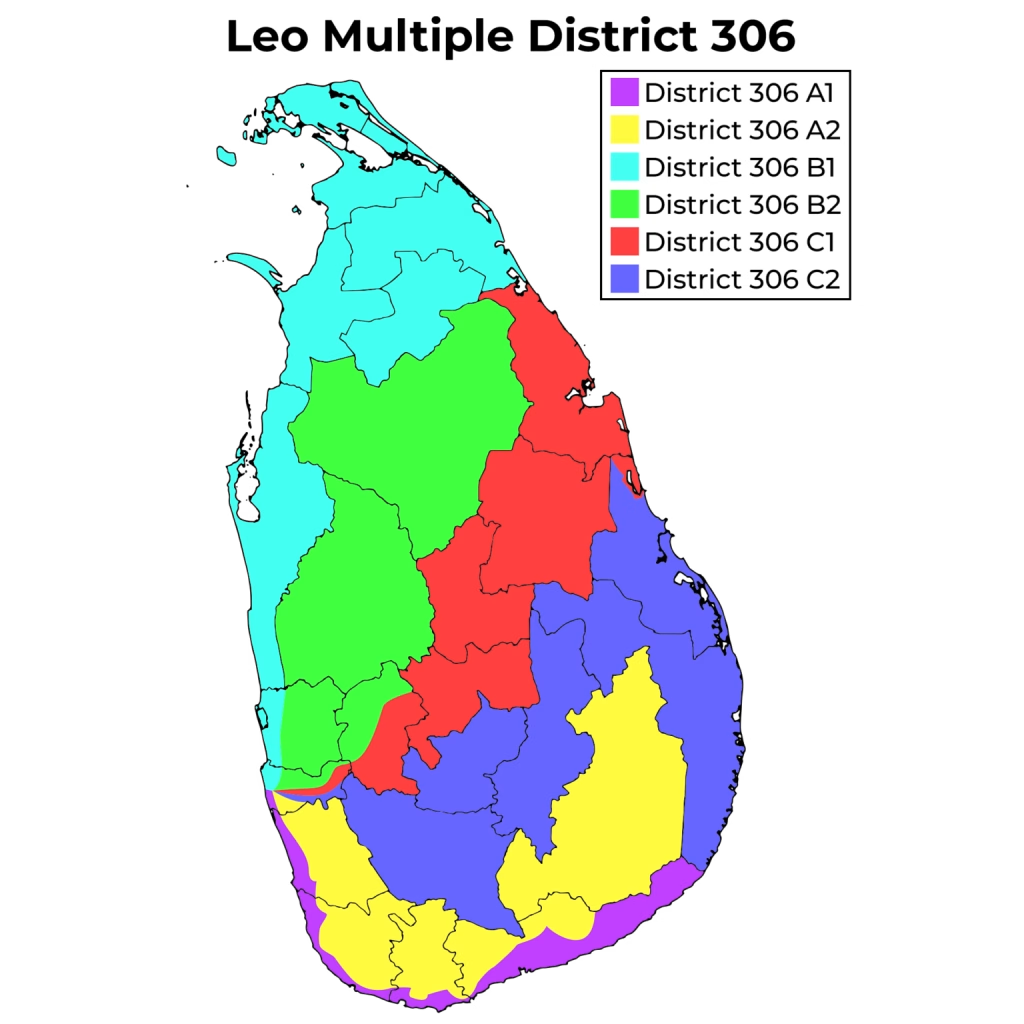
The Governing Structure of Leo Clubs
To ensure effective administration and coordination, Leo Clubs are organized into a multi-layered governing structure. Each layer plays a specific role in guiding and supporting Leos in their service journey.
Leo Club
The Leo Club is the foundation of Leoism. Each club operates independently under its own leadership, led by a Club President, and reports to the Leo District. The Leo Club of Kolonnawa, part of District 306 C1, is one such vibrant and active club.
Leo District
A Leo District comprises multiple Leo Clubs within a designated geographic area. It is led by a District President, who coordinates efforts between clubs and ensures alignment with the district’s goals and projects. The Kolonnawa Leo Club operates under Leo District 306 C1, which oversees numerous clubs in the region.
Leo Multiple District
A Multiple District consists of several Leo Districts within a larger territory. Each Multiple District is governed by a Multiple District President, and it provides broader oversight, resources, and guidance.
International Level
At the highest level, Leo Clubs are part of the global Lions Clubs International network. The most prestigious position a Leo can achieve is becoming an International Panellist, a role that provides global representation and leadership within the Leo movement.
Types of Leo Clubs
Community-Based Leo Clubs
Community-based Leo Clubs are open to any eligible young person within the local community of a Lions Club.
- Membership: Open to youths in the Lions club’s neighborhood.
- Meeting Venues: Typically held at a convenient location within the community. Meetings can also be conducted virtually or in a hybrid format to accommodate member availability.
- Focus: These clubs work on projects that benefit the local community, often addressing broader community challenges.
School-Based Leo Clubs
School-based Leo Clubs are established within schools and are limited to students of that institution.
- Membership: Restricted to students of the sponsoring school.
- Meeting Venues: Usually held on-campus, but virtual or hybrid meetings are also possible to fit students’ schedules.
- Focus: These clubs often work on projects related to education, youth empowerment, and school improvement initiatives.
Both types of clubs provide young people with opportunities to serve their communities, develop leadership skills, and connect with like-minded individuals—all while adhering to the core values of Leadership, Experience, and Opportunity.
Leo Club tracks
Leo Clubs are organized into two tracks based on the age and developmental focus of their members. These tracks ensure tailored opportunities for leadership, growth, and service that align with the needs of different age groups.
Alpha Leo Clubs
Age Group: 12 to 18 years old.Focus: Personal and social development for teens and preteens.Key Objectives:
- Encouraging teamwork and responsibility.
- Building confidence and leadership skills.
- Engaging in community service projects designed to inspire and educate young minds.
Typical Activities: School-based initiatives, peer mentoring, and community outreach programs suitable for younger members.
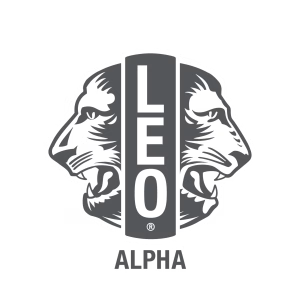
Omega Leo Clubs
Age Group: 18 to 30 years old.Focus: Personal and professional growth for young adults.Key Objectives:
- Enhancing leadership and management skills.
- Providing opportunities for professional networking and development.
- Empowering members to take on larger, impactful community service projects.
Typical Activities: Career development workshops, collaborative service projects, and international exchange programs.
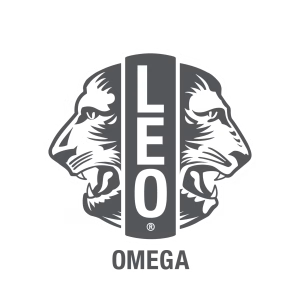
Leos, Lions and Leo-lions
Leos
Leos are young individuals, aged 12 to 30, who are part of the Leo Club Program. They focus on developing leadership skills, gaining real-world experience, and serving their communities.
- Key Traits: Energetic, innovative, and service-oriented.
- Activities: Community service, leadership training, and personal development.
- Motto: Leadership, Experience, Opportunity.
Lions
Lions are members of Lions Clubs International, the largest service organization in the world. Established professionals and community leaders, Lions focus on addressing global challenges like hunger, health, education, and disaster relief.
- Key Traits: Experienced, compassionate, and globally connected.
- Activities: Organizing large-scale service initiatives, supporting Leo programs, and providing mentorship to young leaders.
- Motto: We Serve.
Leo Lions
Leo-Lions bridge the gap between Leos and Lions. These are former Leos, typically between 18 and 35, who transition to Lions Clubs while maintaining their connection to youth leadership.
- Key Traits: Experienced Leos with a commitment to service and leadership.
- Activities: Blending youthful energy with the expertise of Lions to amplify community impact.
- Purpose: To ensure a seamless transition from Leo to Lion membership, fostering lifelong service.
